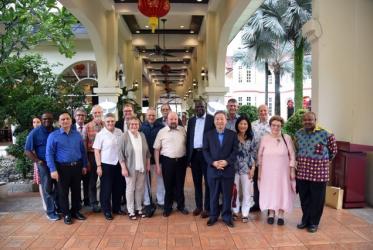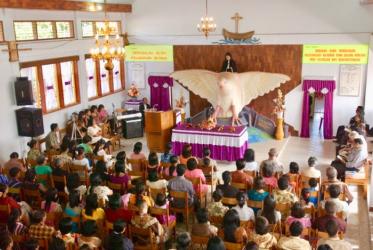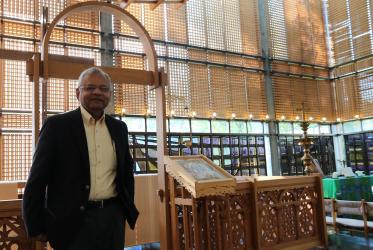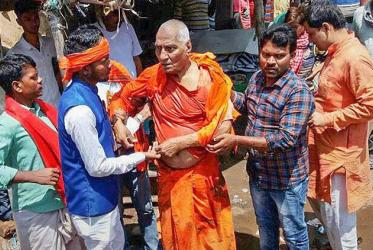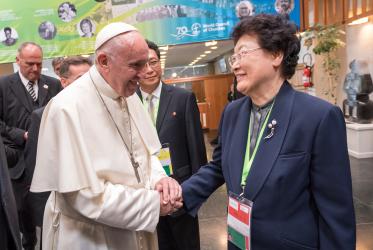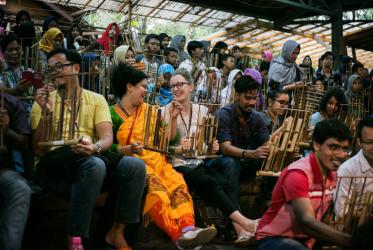Displaying 21 - 40 of 111
29 April 2019
Peace is common denominator of all major religions
05 March 2019
WCC general secretary sends greetings on Diwali
06 November 2018
WCC calls for prayer for flood-stricken Kerala, India
18 August 2018
WCC extends greetings as Buddhists observe Vesakh
25 April 2018
Youth in Asia can now apply for WCC inter-religious training
15 February 2018
#WCC70: A story of how we meet together
02 February 2018


